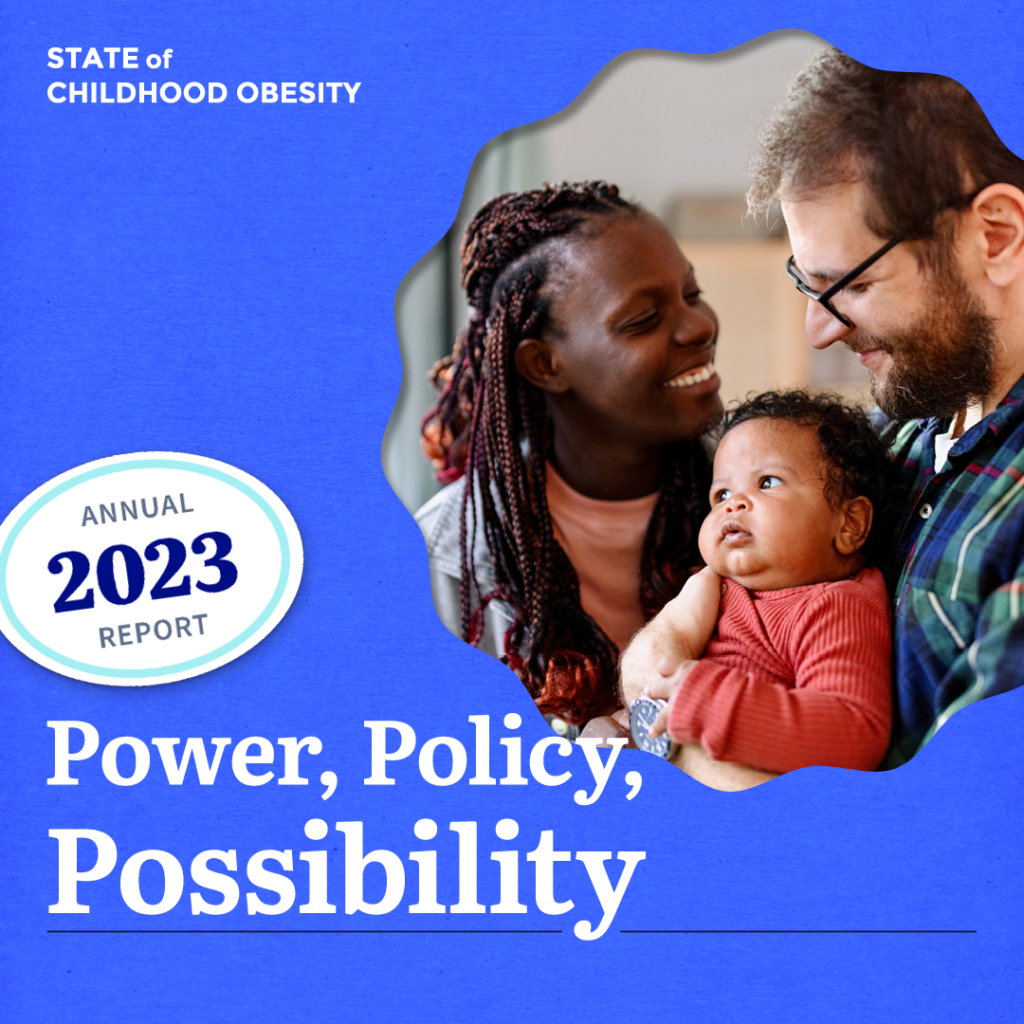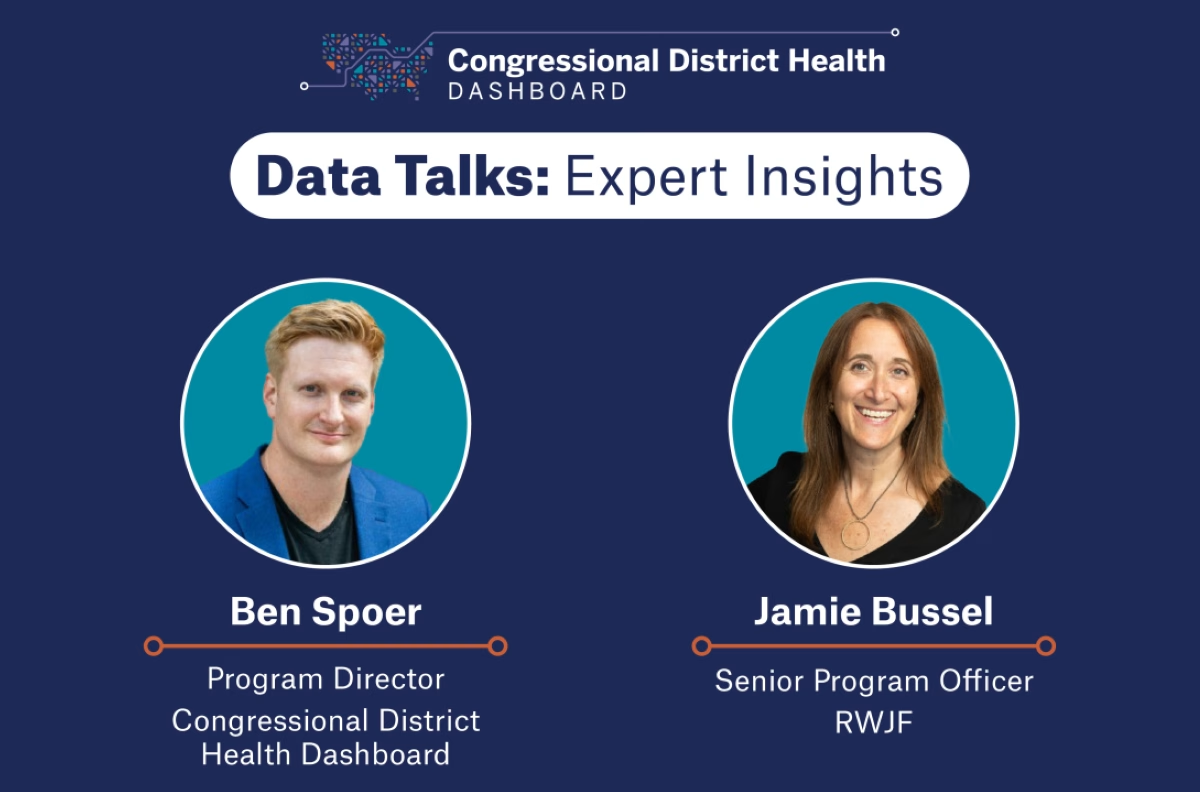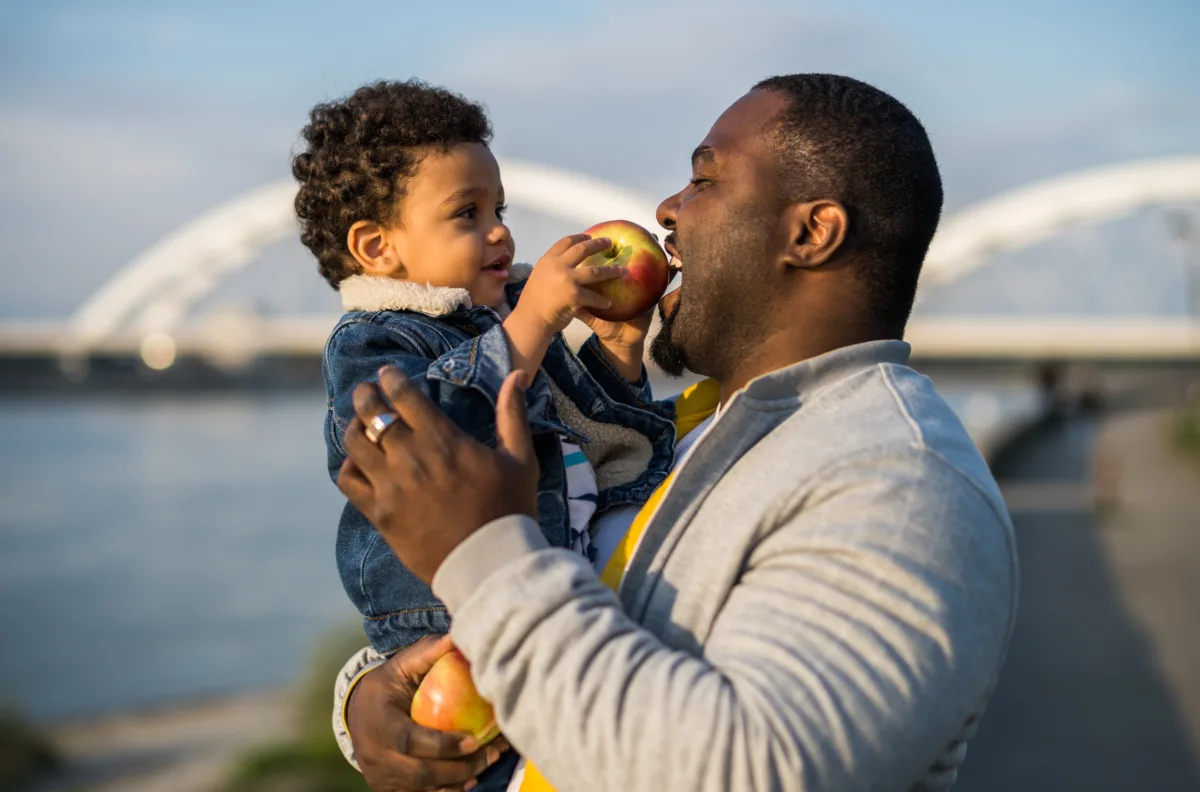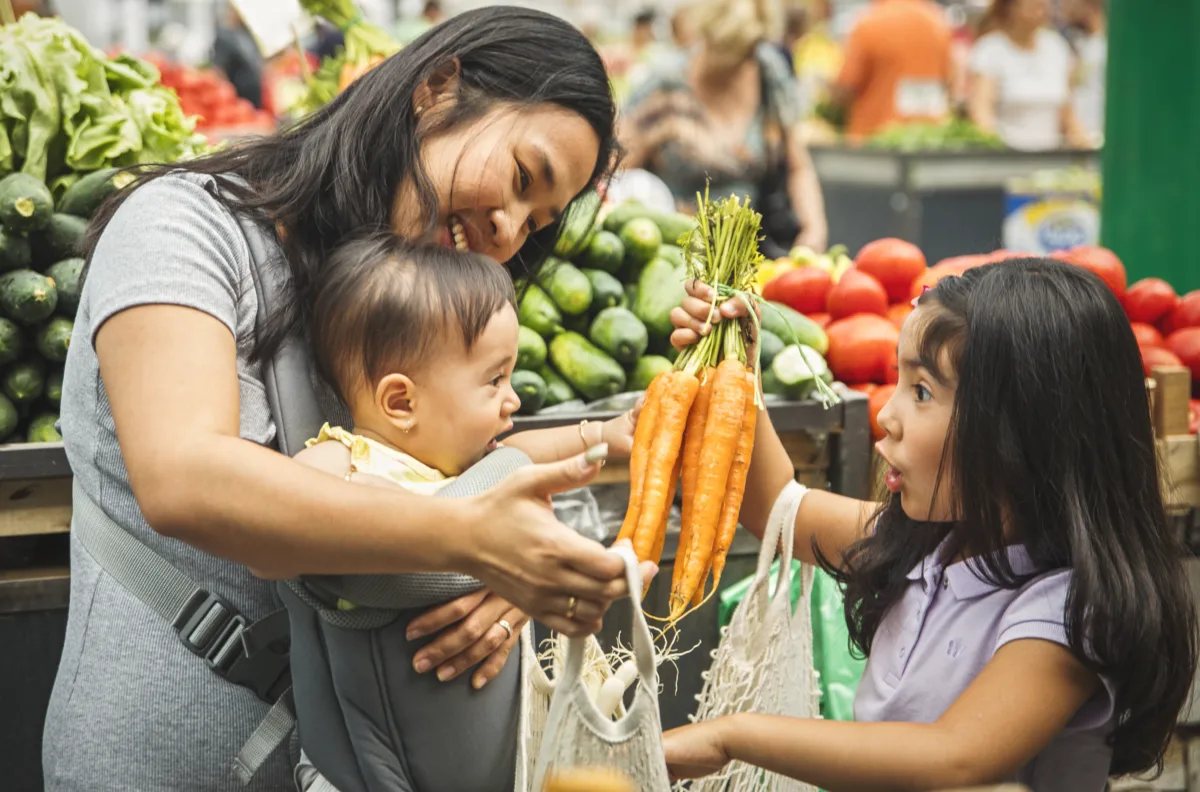The lack of consistency puts those of us who are working on food justice issues at a disadvantage, making it easy for a positive narrative about solutions to be overpowered by insidious advertising for unhealthy products, which often directly target youth. That’s why our team is working to build a shared, positive narrative about improving access to healthy food. How do we create that shared vision?
- Focus on what motivates people. If we want people to take action or change behavior, our words must focus on something positive we can gain, not on what we want to avoid. Corporate marketing experts know this tactic, but too often in social change and public health efforts we forget it.
- Reach people where they are. Be more intentional about communicating with youth, including on TikTok and other social platforms that are popular with young people. We studied nearly 400 community organizations and found that only 3 percent were active on TikTok, which is the most popular social platform among our audiences.
- Collaborate better. Community organizations, researchers, advocates, and policymakers working to advance food justice must come together regularly to align their messages and goals. Strengthening the dialogue among these groups can help ensure that the important messages they share resonate with and reach more young people.



